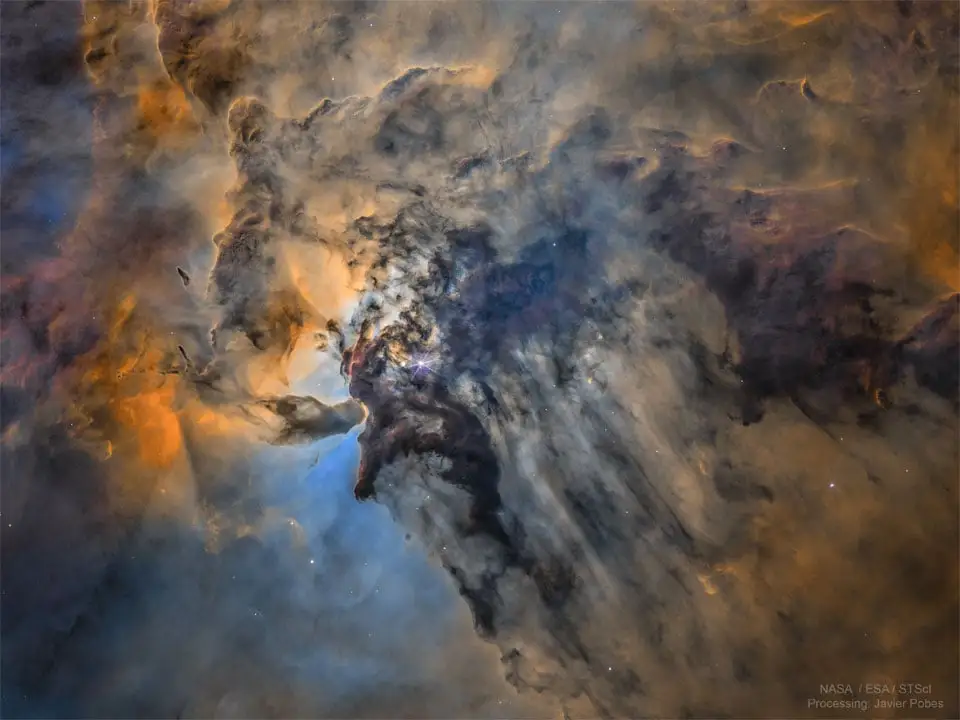This model combines two ideas—about how the forces of nature decrease over cosmic time and about light losing energy when it travels a long distance. It's been tested and has been shown to match up with several observations, such as about how galaxies are spread out and how light from the early universe has evolved.
These hypotheses never seem to stand up to rigorous analysis. Still, always welcome the discussion.
